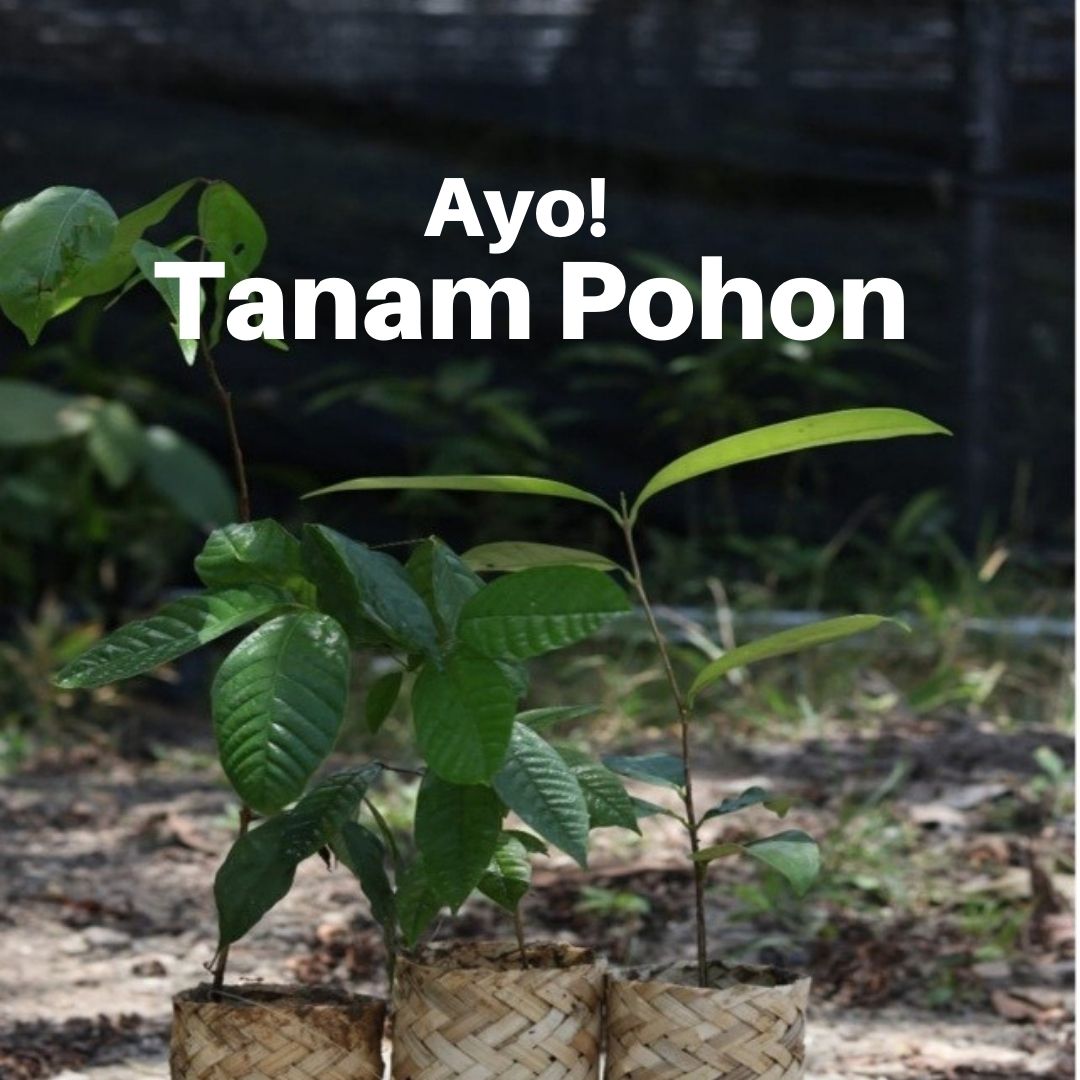Indonesia is leveraging its strong foundation in sustainable forest management to meet its greenhouse gas (GHG) emission reduction targets in the Forestry and Other Land Use (FOLU) sector.
This strategy was emphasized by Agus Justianto, Chairman of Indonesia’s FOLU Net Sink 2030 Working Team from the Ministry of nvironment and Forestry (KLHK).
During the Technical Workshop Indonesia-United Arab Emirates on Forestry, Nature, and Climate in Jakarta on Monday, June 10, 2024, Agus stated that Indonesia has set an ambitious goal to achieve the FOLU Net Sink by 2030. This goal signifies that by 2030, carbon absorption from the FOLU sector will exceed its emissions.
“The target GHG emission level for 2030 from FOLU sector is minus 140 million tons of CO2 equivalent,” Agus explained.
The UAE delegation included representatives from The Mohamed Bin Zayed Species Conservation Fund. Besides attending the workshop, the delegation also visited the Permanent Nursery in Rumpin, Bogor.
Agus emphasized that sustainable management policies are essential for Indonesia to achieve its FOLU Net Sink target. He noted that corrective actions in forest management over the past decade have significantly reduced Indonesia’s deforestation rate.
In 2021-2022, Indonesia’s net deforestation was 104,000 hectares, representing an 8.4% decrease from the 2020-2021 period. Historically, the highest deforestation rate occurred between 1996 and 2000, at 3.5 million hectares per year, dropping to 0.75 million hectares per year between 2002 and 2014, and reaching its lowest in 2021-2022.
Agus detailed the implementation of sustainable forest management, including strengthening Forest Management Units (KPH) at the local level. The social forestry policy, which has allocated 12.7 million hectares of forest land for community management, also supports sustainable forest management.
“Social forestry focuses on forest areas vulnerable to deforestation where communities’ livelihoods depend heavily on forests. One form of social forestry is forest rehabilitation using agroforestry techniques,” he said.
Agus also highlighted the significant role of Forest Utilization Business Permits (PBPH) in achieving the FOLU Net Sink target. PBPH is directed to implement the Multi-Business Forestry (MUK) Model, enabling business diversification beyond timber harvesting to include energy plantations, ecotourism, agroforestry, non-timber product utilization, carbon trading, and environmental services.
Agus continued, stating that the FOLU Net Sink target will also be achieved through the rehabilitation and restoration of watersheds, peatlands, and mangroves, as well as biodiversity conservation. Additionally, law enforcement is crucial to prevent environmental and forestry losses.
Agus revealed that the estimated investment needed for the operational implementation of FOLU Net Sink is $14.57 billion. Besides funding from the state budget, investment is also expected from the private sector and international support. ***




